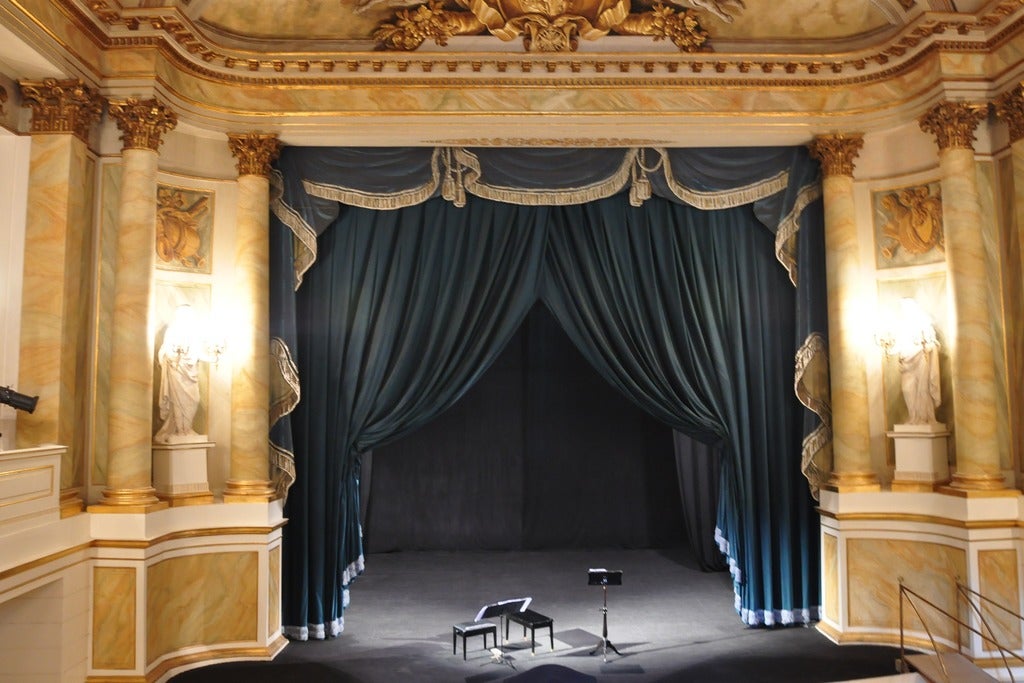Since the premiere in 1875, the character of Carmen in Bizet's hitlist of an opera has captivated audiences all over the world. Carmen desires desire itself. She is a seducer, conqueror, rule-breaker and radical. A century before the hippie movement's «make love, not war», in Habañera Carmen proclaims that it is the freedom to love that matters: what, whom and when she wants. Love is like a rebellious bird that no one can tame, she sings, or a gypsy’s child.
Catalan director Calixto Bieito attracted a lot of attention with last season's The Tales of Hoffmann. His version of Carmen sets the action in Spain at the end of the 1970s, immediately after the Franco era. The production is still characterised by the captivating and physical musical drama that has always fascinated Carmen's audiences. In a circle of light – bursting with energy – we confront the violent human desire for attention, power and satisfaction. The hard-hitting disappointment of rejection is laid bare for us, along with the difficult situation of girls and women faced with poverty and male chauvinism. And in the centre is the seductive figure of Carmen, her radicalism given a new, timeless relevance.
Cast and Creative team for Carmen at Den Norske Opera & Ballett
Henri Meilhac and Ludovic Halévy : Libretto
Conductor : Fabien Gabel, Christian Vásquez
Direction : Calixto Bieito
Set design : Alfons Flores
Costumes : Mercè Paloma
Lighting design : Bruno Poet
Cast :
Carmen
Katarina Bradic
Tone Kummervold
Don José
Henrik Engelsviken
Micaëla
Maria Bochmanova
Natalia Tanasii
Zuniga
Musa Ngqungwana
Ketil Hugaas
Moralès
Ole Jørgen Kristiansen
Aleksander Nohr
Frasquita
Kari Ulfsnes Kleiven
Caroline Christensen
Mercédès
Maija Skille
Hege Høisæter
Dancaïre
Svein Erik Sagbråten
Thor Inge Falch
Remendado
Nils Harald Sødal
Petter Moen
Videos

|
Licence To Sing - En hyllest til James Bond
Grieghallen, Griegsalen (4/12 - 4/12) | |

|
Trygve Skaug #alltidpåtour
Ullensaker Kulturhus (3/21 - 3/21) | |

|
Rocky Horror Show, premiere
Oslo Nye Centralteatret (9/4 - 9/4) | |

|
The Sound of Music
Moster Amfi (8/6 - 8/16) | |

|
DNBE + Marthe Wang
Brygga Kultursal (3/15 - 3/15) | |

|
Detektivbyrå nr.2 Operasjon Edderkopp
Edderkoppen Scene (2/22 - 3/23) | |

|
Blue/Orange | Premiere
Oslo Nye Centralteatret (4/9 - 4/9) | |
| VIEW SHOWS ADD A SHOW | ||
Recommended For You



